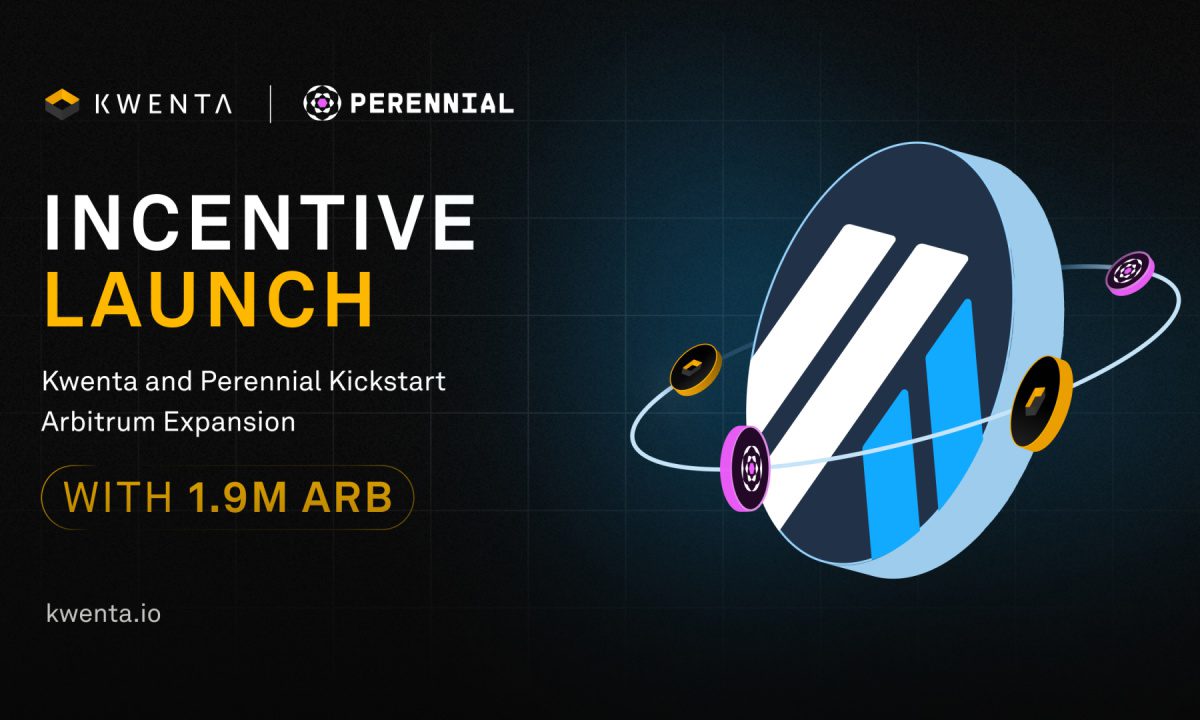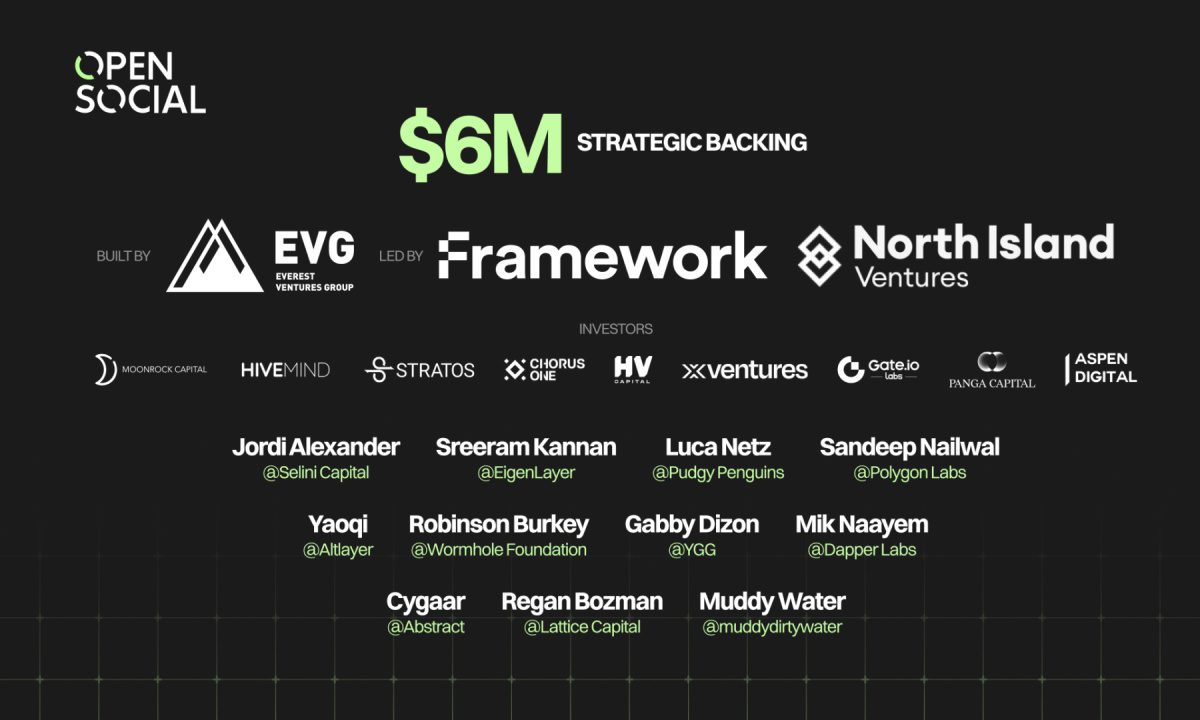A Pre-Sale is a concept often employed by cryptocurrency projects as a fundraising strategy before their initial coin offering (ICO). In this process, interested parties have the opportunity to purchase tokens at a predetermined price, usually at a discounted rate.
The primary objective of a Pre-Sale is to raise funds for the development team to finalize the project. At the same time, investors hope to acquire these tokens at a lower price and potentially profit from their investment in the future if the digital currency achieves success.
One of the main advantages of participating in a Pre-Sale is the potential for early access to a project with a lot of promise. If the project becomes successful and the digital currency gains traction, the value of the tokens obtained during the Pre-Sale could appreciate significantly, providing a considerable return on investment.
Additionally, participating in a Pre-Sale can give investors a sense of exclusivity and allow them to contribute to a project they believe in. By supporting the project in its early stages, investors may also have the opportunity to influence its development and direction.
However, it is essential to understand that participating in a Pre-Sale comes with certain risks and considerations. One of the primary risks is the possibility of the project failing to deliver on its promises. In such cases, the tokens obtained during the Pre-Sale may become worthless, leaving investors with little to no return on their investment.
Another risk associated with Pre-Sales is the potential for dilution of value. During the actual ICO, when the digital currency becomes accessible to the general public, a significant number of tokens are usually made available. This increased supply can result in a decrease in the value of the tokens obtained during the Pre-Sale.
Furthermore, Pre-Sales can attract investors who are solely interested in making a quick profit. These investors may choose to sell their tokens immediately after the digital currency is listed on exchanges, leading to a significant sell-off and potential price depreciation.
For the development team, it is crucial to carefully evaluate and select participants for the Pre-Sale. They must identify individuals or entities who align with the project’s vision and goals, rather than those looking for a quick flip. By choosing investors who believe in the project’s long-term potential, the development team can create a more stable and supportive community around the digital currency.
It is also worth noting that the terms and conditions of Pre-Sales can vary significantly between projects. Some projects may require participants to meet certain criteria or go through a vetting process, while others may have no restrictions on who can participate. The allocation of tokens, the price at which they are sold, and any bonuses or discounts offered may also differ from one project to another.
Overall, Pre-Sales can be an effective way for cryptocurrency projects to raise funds, generate anticipation before the ICO, and attract early supporters. However, both investors and development teams need to be aware of the risks involved and make informed decisions based on careful analysis of the project’s potential and the market conditions.
As a newbie in the blockchain space, it is crucial to thoroughly research and understand the project before participating in a Pre-Sale. Learning about the team behind the project, their track record, the problem the digital currency aims to solve, and the potential for adoption can help you make better investment decisions and mitigate risks.
Remember, Pre-Sales should not be seen as a guaranteed path to profits, but rather as an opportunity to support promising projects and potentially benefit from their success in the long run.













